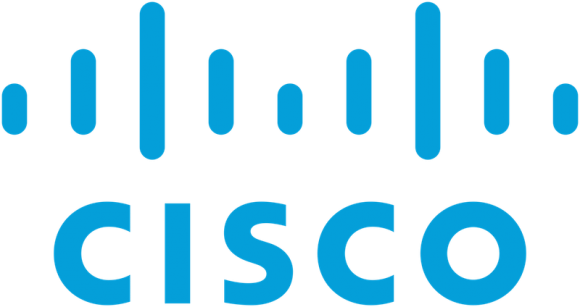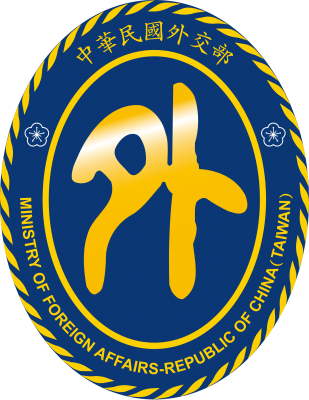Monday, April 23
|
9:00 am - 12:30 pm |
RAN Slicing: Challenges, Technologies, and Tools Prof. Navid ikaein (Eurecom) |
Abstract: The softwarization of network processing components coupled with virtualization of network infrastructure constitutes the foundation for a multi-service and multi-tenant architecture. In this context, radio access network (RAN) slicing is emerging as a key enabler to flexibly customize and manage virtualized base stations while sharing the radio resources among them, with the objective of accommodating operators, service providers, over-the-top, and service providers' requirements. This tutorial will shed light on the challenges, solutions and technologies, and enabling tools focusing on open-source tools to realize RAN slicing and interconnect it with the Core Network slices to build the concept of end to end slice in the context of 4G and 5G network. Particularly, the tutorial will also rely on concrete prototypes and solutions with alternative RAN slicing approaches to illustrate how the performance guarantee and isolation are provided to each slices.
Course Material: Download
|
1:30 pm - 5:00 pm |
Network Function Virtualization (NFV) Enabling Technology for 5G Dr. Faqir Zarrar Yousaf (NEC Laboratories Europe) |
Abstract: The year 2020 is expected to mark the official roll out and deployment of the 1st phase of a 5G network and services. There is a great momentum within the vendors, research and operators communities to determine relevant use cases and services, define requirements, prescribe architectures, and specify technologies that shall enable the 5G networks and beyond. We are now at a stage where relevant technologies have been identified, which are being specified in different standards organizations and developed under different open source projects. NFV is now being recognized as one of the key enabling technologies for the management of 5G networks, and the NFV Management and Orchestration (MANO) framework and its various aspects is being specified keeping in view of management and orchestration of virtualized network functions and services. The goal of this tutorial is to impart in-depth knowledge about the ETSI NFV MANO system framework and to explore its features/capabilities/
Course Material: Download
Friday, April 27
|
9:00 am - 12:30 pm |
Cognitive IT Service Management: Algorithms and Applications for Event Mining Dr. Larisa Shwartz (IBM Watson Research Center), |
Abstract: Enterprises and service providers are increasingly challenged with improving the quality of IT service management. The increasing complexity of IT environments dictates the usage of intelligent automation driven by cognitive technologies, aiming at providing higher quality and more complex services. This will shift IT service management from practitioner-driven
Course Material: Download
|
1:30 pm - 5:00 pm |
ONOS+P4: Controlling P4 programmable data planes with ONOS Dr. Carmelo Cascone (Open Networking Foundation) |
Abstract: ONOS is an open-source network operating system for service providers which provides convenient abstractions and APIs to make it easy for operators to control, configure and manage networks made of different kind of devices, while providing high performance, scalability and high availability. P4 is a protocol-independent programming language to define the forwarding behavior of network devices, allowing operators to easily add support for new protocols and custom data plane processing. Recently, we added support for P4-enabled devices in ONOS using P4 Runtime, a runtime control protocol developed by the p4.org API WG, that aims at fixing the limitations of OpenFlow. With technologies like ONOS, P4 and whitebox switches, operators have access to the full degree of network programmability, allowing them to develop end-to-end solutions by simply writing software, both at the control plane and data plane. During this tutorial, participants will learn about the architectural principles and main capabilities of ONOS, with a focus on the northbound APIs to control programmable data planes. Participants will also learn the basics of programmable data plane architectures, the P4 programming language, its tools (open source compiler and software switch), and the P4 Runtime protocol.
Course Material: Download




OUT.png)










.jpg)